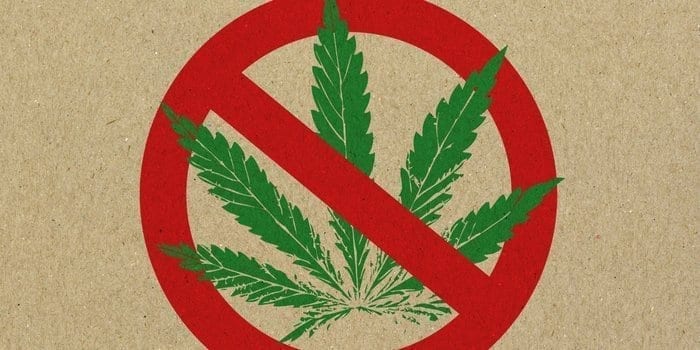Business, Industry News
The Marijuana Advertising Double Standard Is Stifling Our Industry
By Josh Segal
While the future legality of recreational cannabis use is hotly debated at both state and federal levels, there is a broad consensus that medical cannabis is a promising, non-toxic treatment for a variety of illnesses. Despite the fact that 33 states and the District of Columbia now permit the use of medical cannabis, and numerousbipartisan bills that would allocate federal funds to research its effect on treating PTSD in veterans, there remains significant obstacles in promoting via TV and digital ads. As government policy increasingly treats medical cannabis as a promising new treatment worth exploring, media companies continue to operate and make decisions based on misinformation that is becoming harder to justify.
There is no clearer example of this than CBS’s rejection of a Super Bowl ad from Acreage Holdings that shared real life stories from people who have been treated with medical cannabis. Acreage’s in order to elevate its understanding. Rather than working with Acreage Holdings to address what was deemed problematic, CBS simply dismissed the ad as inconsistent with policy. For those of us in the industry, the decision was not a surprise, but I am continually baffled by the double-standard (dare I say hypocrisy?) which is on display.
To be fair, this is not a CBS problem, but a media problem writ large. Cannabis ads, we now know, are forbidden on television and in traditional print outlets. Even Facebook and Google, the two largest online ad platforms, have banned cannabis companies from making ad-buys. In each instance, cannabis ads are deemed inappropriate, all while advertisements for condoms, Viagra, beer, liquor and dozens (if not hundreds) of problematic, highly-addictive prescription drugs flood our screens and televisions.
Big Pharma spent $3.7 billion on TV ads in 2018, featuring nearly 200 different commercials for 70 different drugs. These ads ran hundreds of thousands of times. At the same time, Budweiser, Coors and Heineken are staples of broadcast advertising, and since 2012, even hard liquor has been allowed to advertise, albeit during evening hours. The impact is clear: a 2016 study by Rand Corp found that on average, children are exposed to three alcohol advertisements each day; we now know that Big Pharma marketing was a key driver of the opioid crisis; and, Juul relied on digital ads to purposefully target children. The notion that this is about responsibility is simply untrue.
This all begs the question: what makes medical cannabis “inconsistent” with policies that have, for years, fueled addiction and substance abuse? These marijuana misanthropes typically argue that we don’t need to normalize another substance that could attract new users. This is misleading for two reasons: first, in states that have legalized recreational cannabis, there are no increases in its use or abuse and among pre-teens and teenagers, marijuana use has remained steady and even fallen in some places; and second, the ads in question are focused on medicinal cannabis, something 85 percent of Americans support. Medicinal marijuana is non-lethal and proven effective and it should be allowed to advertise to consumers to ensure they have all options available to them. So long as you are accepting ad dollars from pharmaceutical and alcohol companies, there simply is no valid, rational argument for rejecting an ad explaining the benefits of medicinal cannabis.
Not only do these ad bans deprive Americans of important innovations in health care, they further cement the existing stigma and make serious, fact-based discussions increasingly rare. Our young industry already has proven to be far more ethical than the leading sponsors of addiction mentioned above, and proactive in our efforts to market responsibly. We all have taken steps to ensure we do not market to non-users, and work tirelessly to ensure children do not see the ads. That is why some cannabis advertising companies have found alternative routes, such as advertising through geo-targeting tools like AdLink, to ensure that we promote this increasingly legal product in a safe and responsible way. If CBS and others would be willing to work with us, I am certain we will be able to develop self-regulating standards that inform consumers based on fact, not fear.
Medical cannabis has proven effective in reducing symptoms associated with cancer; it can serve as a substitute to opioids for people who suffer from chronic pain as a result of HIV/AIDS; it can improve the appetiteof people undergoing chemotherapy; it is even showing promise as an alternative treatment for our veterans suffering from PTSD. The American consumer, long held hostage to the whims of Big Pharma who pump us full of drugs, deserve to know about natural alternative treatments. They deserve to know that synthetic, often times lethal, prescriptions full of side effects are not the only way to treat illnesses. They deserve to know the truth and it is time for the marijuana misanthropes to work with the cannabis community and not against us.
Read more from the source: GreenEntrepreneur.com
Image credit: ChrisSteer | Getty Images


